- What the F*** is Fashion-Tech
- Posts
- Fashion 'Influencers', Legislation & Digital Passports: A Glimpse at EU's Sustainable Fashion Revolution
Fashion 'Influencers', Legislation & Digital Passports: A Glimpse at EU's Sustainable Fashion Revolution
France Declares War on Fast Fashion Influencer Posts — And That’s Just the Tip of the EU Iceberg
France is fed up with fashion’s fall from grace. Their sainted Christian Dior and Yves Saint Laurent would turn in their graves at the copy-cat mass production defining our era. Honouring these fashion greats, and the reputation of fashion itself — France now demands influencers explicitly label fast-fashion posts as harmful. Pourquoi? Because fast fashion’s disastrous eco-impact is unmistakably in the firing line. And this is just the warm up; the EU is staking its claim as the leader in the fight for total transparency.
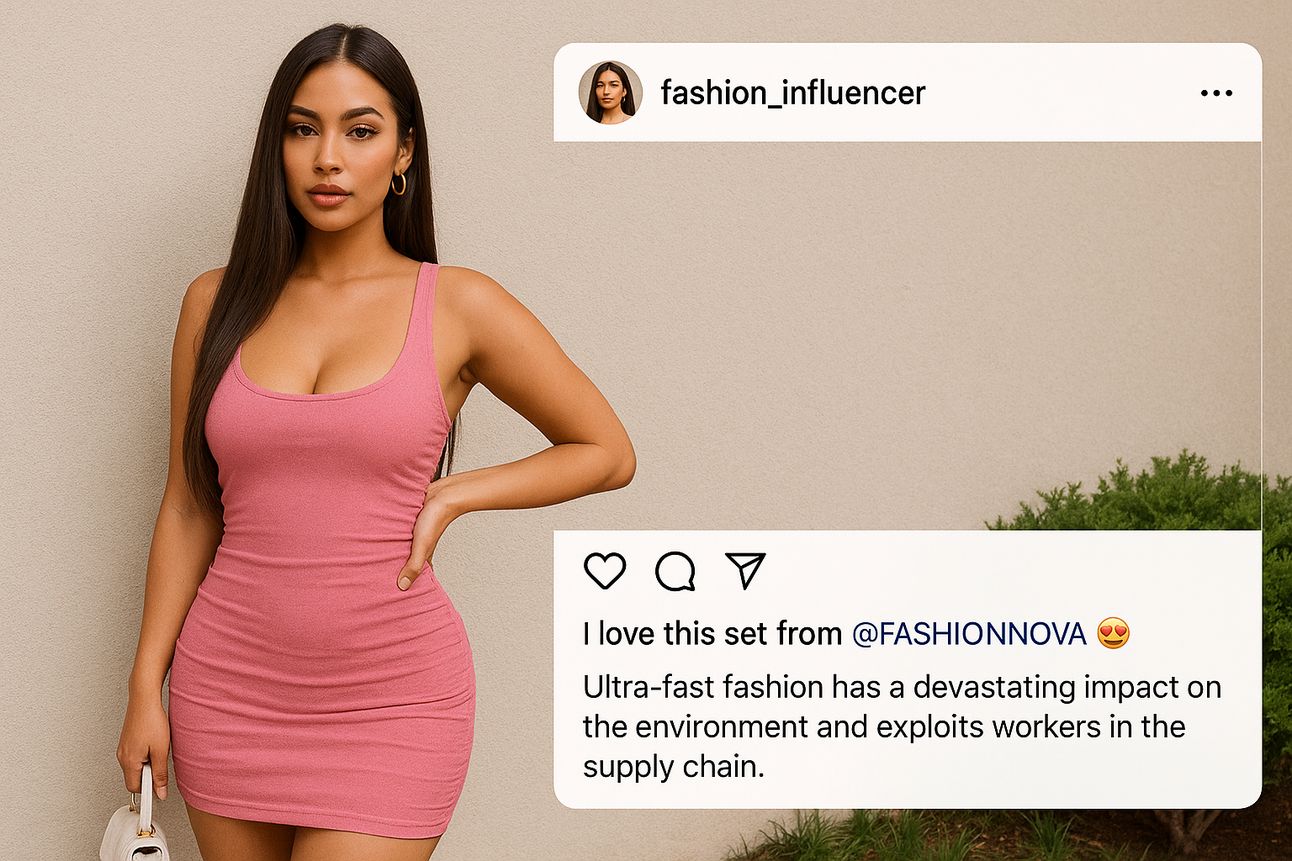
This image is AI Generated - Clearly
EU’s Ecodesign Revolution — Why 2027 Matters
The EU is defining fashion accountability through its Ecodesign for Sustainable Products Regulation (ESPR). By 2027, every garment sold in Europe will carry a mandatory Digital Product Passport (DPP) — yes, your new favourite dress will now come with it’s own verifiable eco-résumé.
Key dates to remember:
2027: Basic DPPs mandatory for textiles in the EU
2030: Comprehensive DPPs required across all textiles
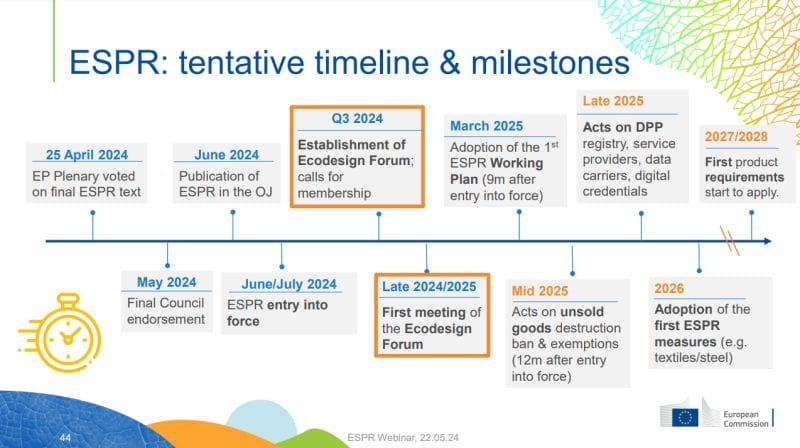
What the F*** is a Digital Passport?
A DPP is a dynamic digital record linked by a code (QR, NFC, or RFID), detailing:
Materials & Origins: Precise sourcing information
Environmental Impact: Carbon footprint, water usage
Circularity Details: Recyclability, repair, resale history
Compliance & Certifications: Verified sustainability claims
Ethical Data: Fair labour practices
But who is liable to report, and how deep do they have to dig?
Going Beyond the Factory Floor — Tier 5 Transparency
Brands must now trace materials back to the original farm or source (ie. where the cotton bolls were picked) — this is Tier 5 traceability. Technologies like Oritain’s geochemical tracing and Haelixa’s DNA markers make greenwashing a thing of the past. Yikes, good luck starting a brand in 2027… But wait, there’s hope.
The Tech Powering the Passport Revolution
Brands are not in this alone. The tech-infrastructure enabling full-transparency is evolving just as fast as legislation. Platforms like TrusTrace, TextileGenesis, and EON, [check out our prev edition] as well as everyone mentioned in our last edition, are pivotal, connecting complex global supply chains. Some of the building blocks:
Blockchain & Cloud Solutions: Ensuring data integrity - if you haven’t looked into Blockchain, put simply, it’s a group of computers that must agree to verify something (legal doc, money transfer etc.), decentralising approval power away from one person. It’s the same tech revamping money exchange.
Universal Standards (GS1 Digital Link): Seamless global integration
But if this is happening in the EU, what does it mean for us?
Global Ripple Effects — Australia, Asia & USA
The EU mandate isn't just Europe's problem, it's global:
Australia: Wool exporters proactively embracing DPPs
Asia: Manufacturers rapidly digitising to meet EU demands
USA: EU-bound exports prompting domestic transparency upgrades
And when the EU act, we generally follow (except when Trumps in power…). It will be interesting to see how it all unfolds, and which path Aus legistation will follow — If anyone has thoughts on this, I would love to hear from you.
Real Challenges
From Data Overload to Supplier Pushback
Either way, this is sure to cause a ripple, or some tears, in global supply chains. Implementing DPPs has obvious bottle-necks:
Data Standardisation: Industry wide alignment is still needed
Supplier Resistance: Adjusting to unprecedented transparency demands
Interoperability: Ensuring global tech compatibility
As we’ve spoken on before, global supply chains are complex and fragmented. They transcend language barriers, cultural differences, geographic location and belief systems — housing everyone under one technological roof will not be easy. Brands will be forced to choose how early they jump on board. Early adopters like Nobody’s Child are sharing their learnings and prove transparency pays dividends.
[Source: Vogue Business]
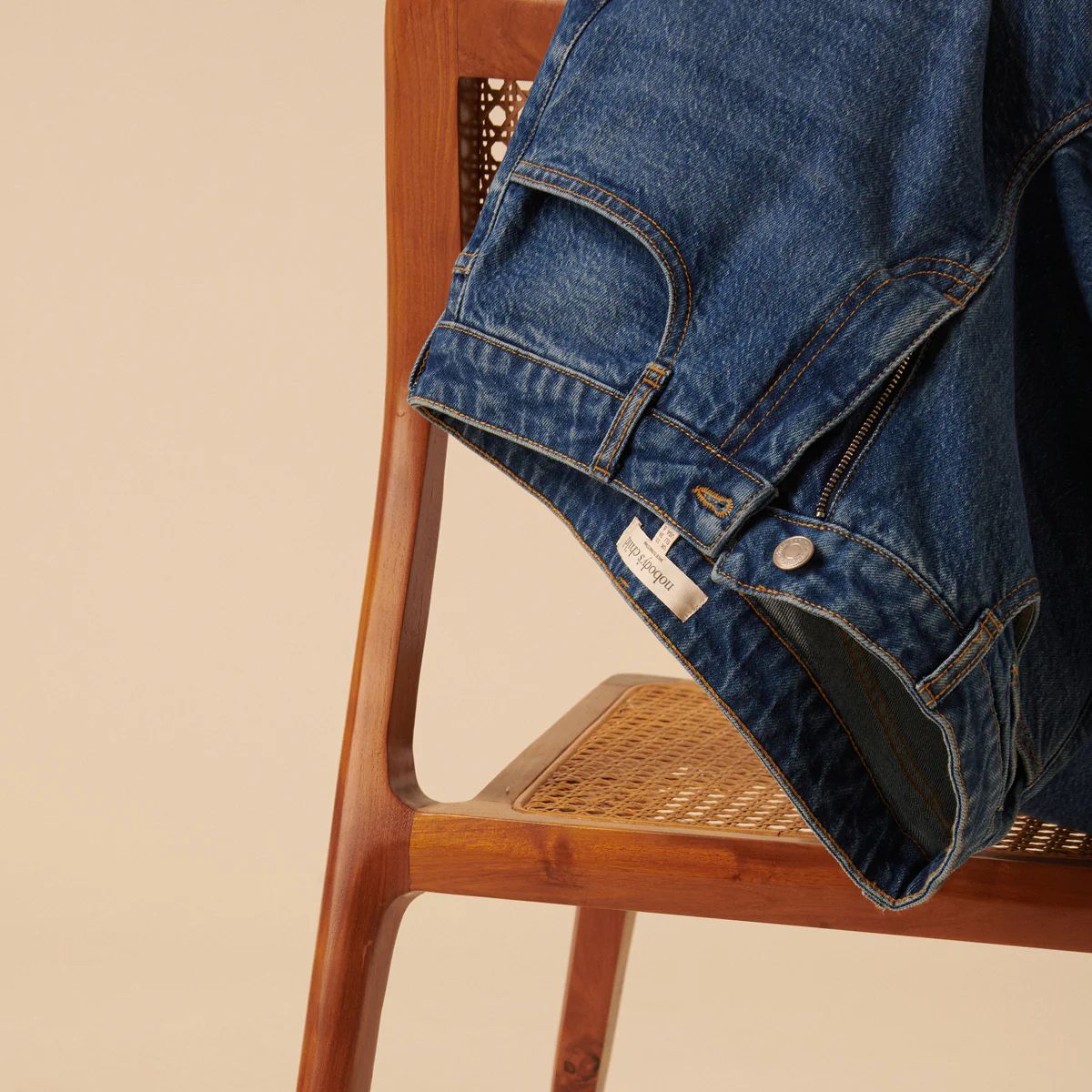
Why It Matters—Transparency Is Now Cost of Entry
Digital Product Passports aren’t just a compliance tick-box, they're fashion’s chance at building genuine trust, validating green claims, and winning real loyalty. But will consumers actually scan them, or will these passports end up another forgotten QR code?
Our take: brands are governed by buyers, and right now, consumers' "sustainable shopping" talk outweighs their walk. Until shoppers put their money where their mouths are, it’s down to regulators & innovators to keep this dream alive. But hey, only time (and your scanning habits) will tell…
[Great research and article on consumer behaviour here]
Pop-Feature: Oritain
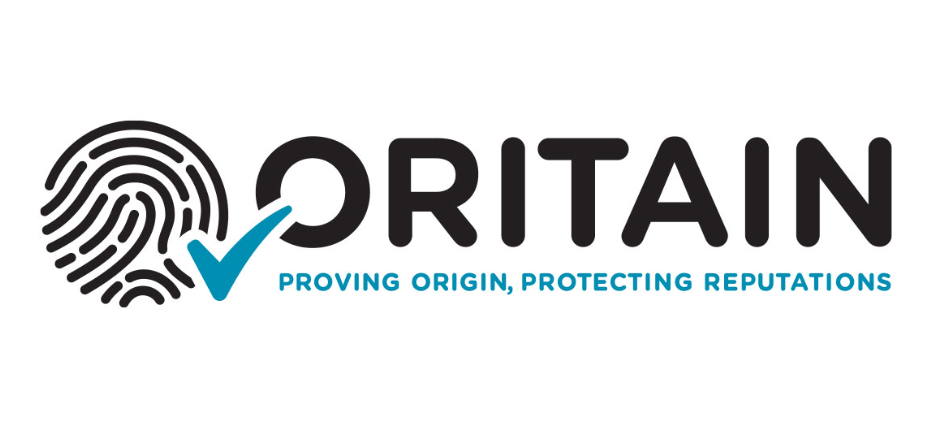
What they do: Put simply, a team of forensic science wizards from Dunedin, New Zealand analyse a fibre’s natural isotopic “fingerprint” to prove exactly which farm, or region, it sprouted from. No paperwork, just mass-spec evidence.
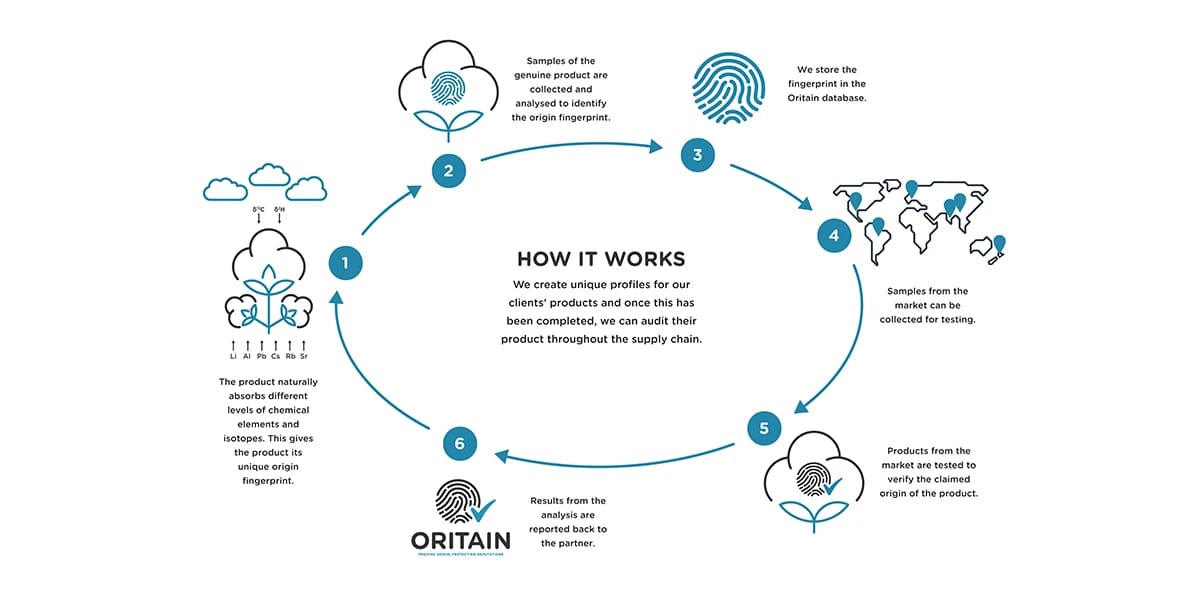
Why it matters: With forced-labour bans tightening and Digital Product Passports looming, Oritain gives brands courtroom-grade receipts on origin, snuffing out greenwashing and cotton-swapping in a single lab test.
Impact scorecard: 9/10 — Already trusted by Supima, Patagonia and Country Road; the science is bullet-proof, scalability is the last hurdle. And obviously, the impact of Oritain is constrained by the success of ‘Tracibility’ as a whole. We’re rooting for them!
So that wraps up this weeks edition of What the F*** is Fashion-Tech. If you could scan a QR code on any garment and see its complete environmental and social impact before buying, would that change your shopping habits? Reply to us what you think. We love to hear from you all.
We’ll see you in two-weeks time. Take care of yourself & don’t forget to subscribe
Grace & Rak